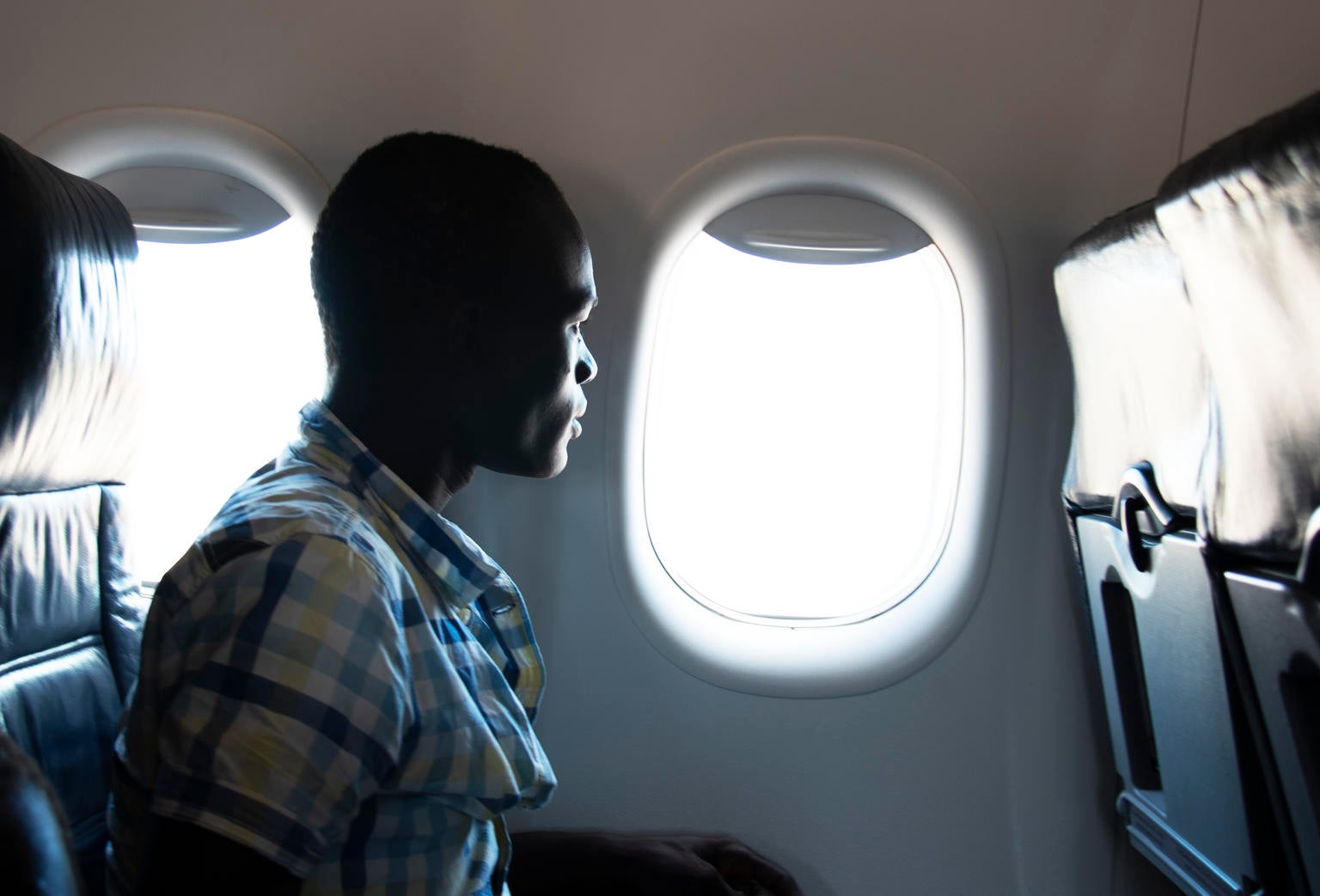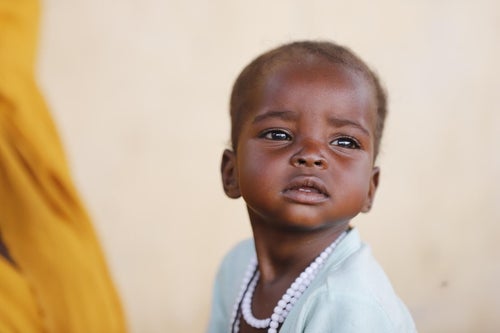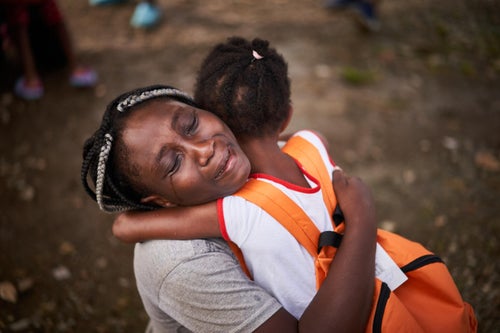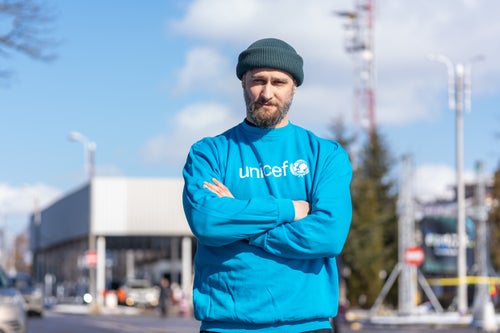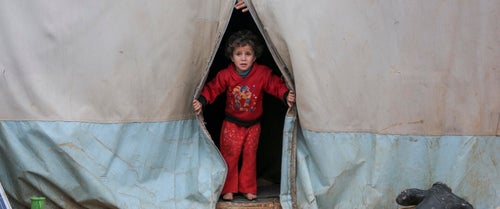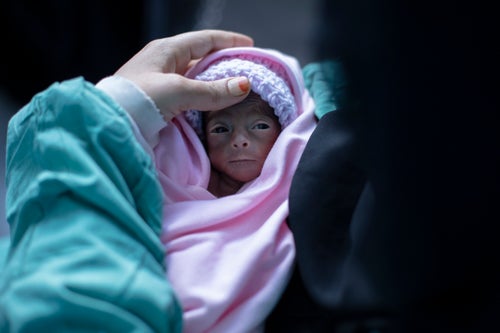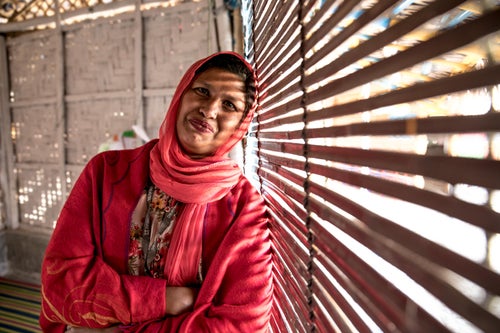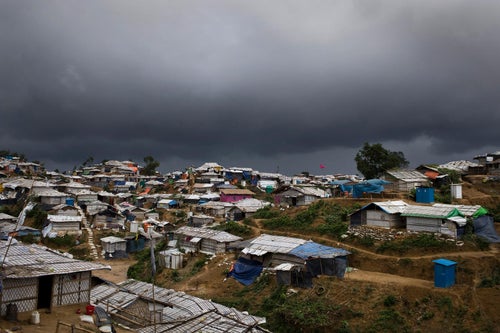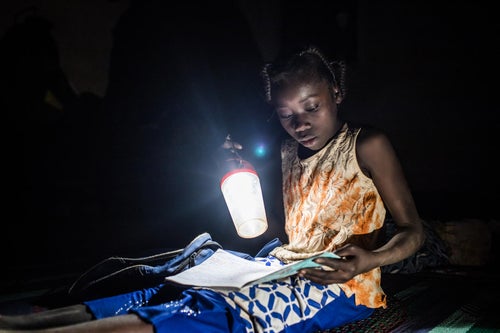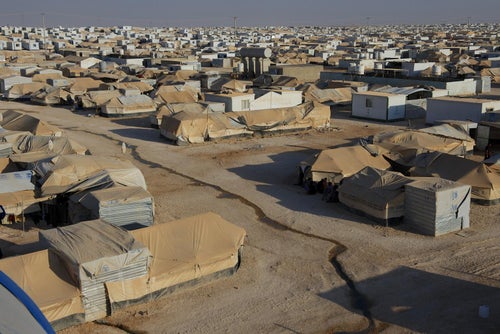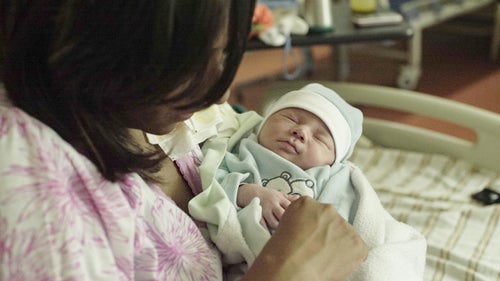The plane suddenly stops.
Chogi’s hand shoots out grabbing his big brother’s thigh and squeezing tightly. He turns to me with a face looking like a question mark, and I reassure him everything is ok. Two seconds later the turbulence is over, but the eight-year-old’s hand rests on Jidu – just in case.
Chogi doesn’t remember the last time he was on an airplane. He was four-years-old back in 2013 and they had just escaped the bullets flying in Malakal, in the north east of the country.
Their mother was out collecting firewood when the fighting started. A neighbour grabbed Chogi, Jidu and their sister Ferdos and fled by foot and boat to Fangak, about 60 kilometers away. It took several days, “we had to sleep outside every night,” Jidu remembers.
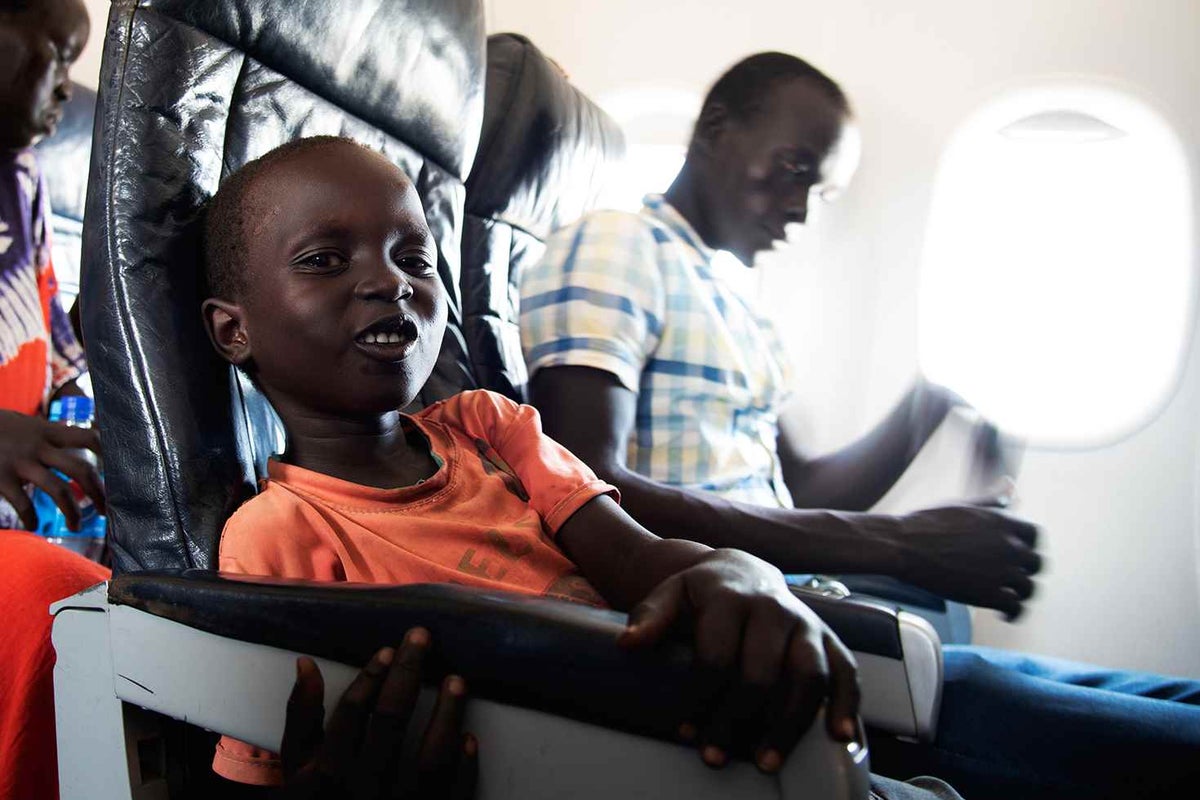
They spent a few weeks in Fangak before they were taken by plane to the capital, Juba. Since the day they fled, the three have prayed their mother is alive and that one day they will feel her warm embrace once again.
Three excited faces are glued to the windows as the wheels touch down in Malakal. The pilot hits the brakes and shortly after the siblings set foot on ground. Almost home.
In the protection of civilians (PoC) site in Malakal, Khamisa Adam puts on her best dress with green and purple batik patterns, and walks the 20 meters from her iron sheet home to the road. Friends and neighbors have already gathered and are now waiting with her under the baking sun.
Chogi, Jidu and Ferdos climb into the UNICEF car, Chogi goes in the front with me to see better. There is total silence. No one is saying anything, except for the driver reporting our movements to the radio room. Three pair of eyes peer out through the windows.
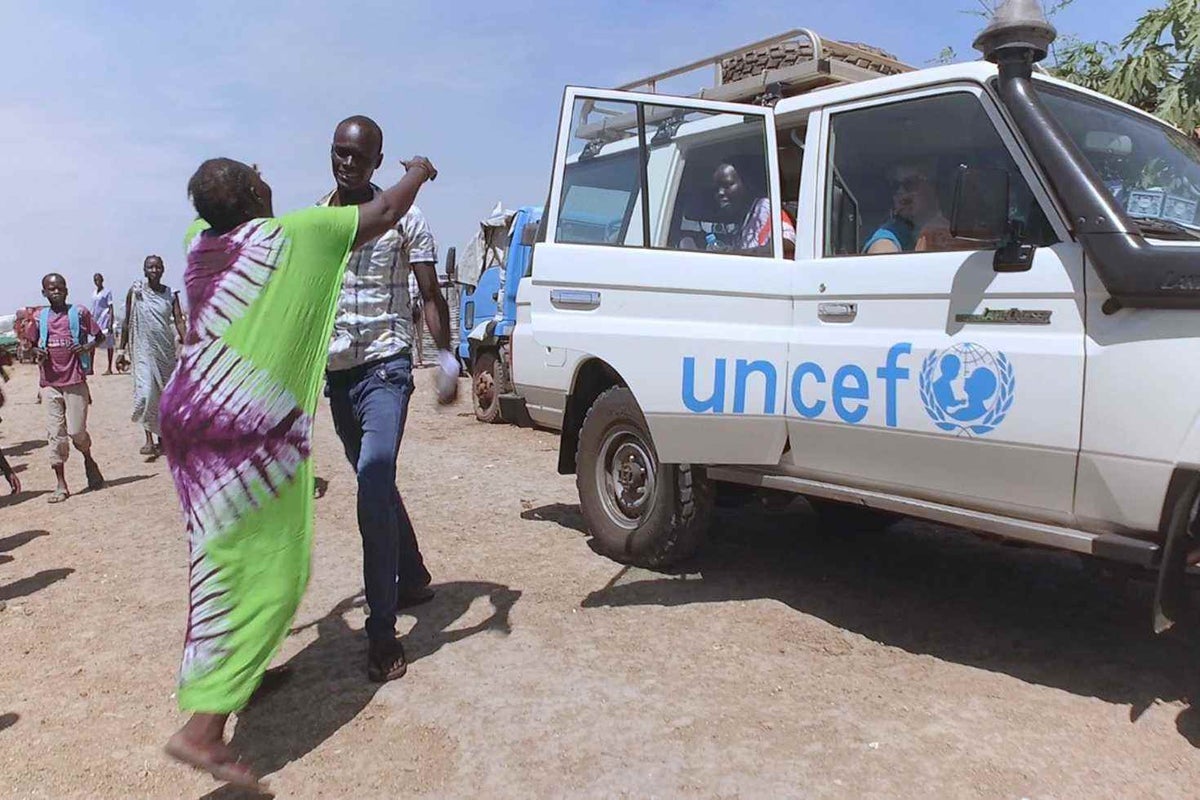
In the PoC, Khamisa sees the UNICEF logo on the car and starts walking towards it, then dashes along the last ten meters until the vehicle has made its final stop.
The door opens and Jidu runs into his mother’s arms. Ferdos is just seconds behind and is immediately embraced. Tears are running down everyone’s cheeks when Chogi jumps down from the front seat and is immediately picked up and kissed.
They are finally together again as a family.
Across South Sudan, UNICEF and partners are committed to making families whole again. Since the conflict began in December 2013 close to 6,000 children have been reunited with their parents or caregivers. Still, 15,000 children remain separated from their families or are missing.
Mary, my child protection colleague in Malakal said to me after the reunification that she cries happy tears every time she sees a family made whole again.
"There is something special about those moments, and you forget all the hours of hard work going into every case and every family,” she says.
We filmed this reunification to document this magical moment and I still get goosebumps when I’m watching it. Take a look yourself.
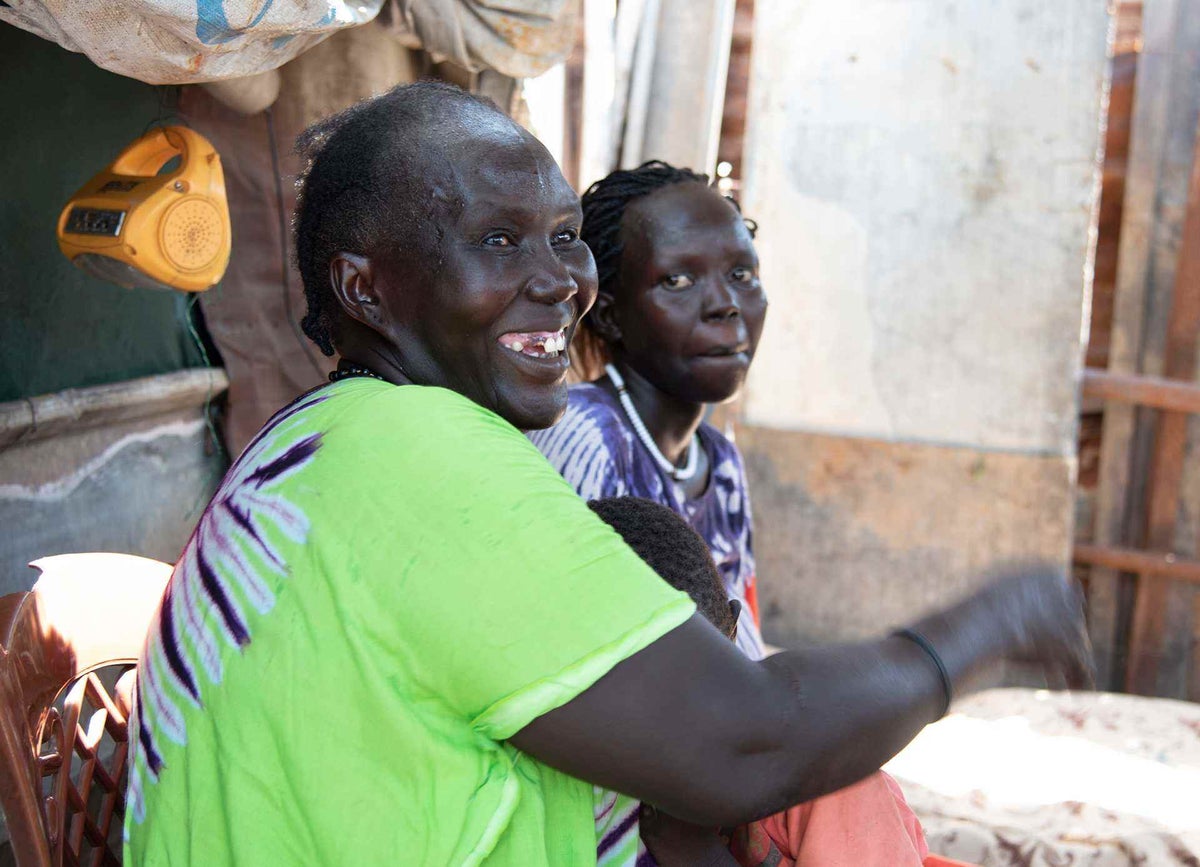
Related articles
Stay up-to-date on UNICEF's work in Australia and around the world



